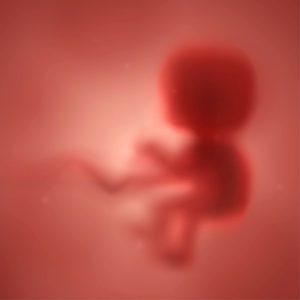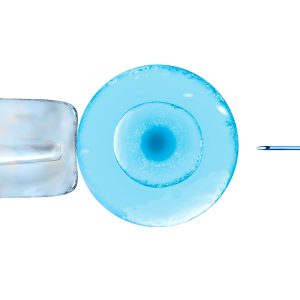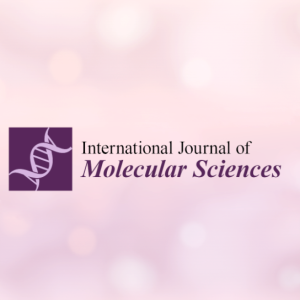This part of the program consists of taking specific supplements, vitamins, antioxidants and following a special diet. The goal is to supply the ovaries with essential elements to produce new reproductive cells (egg cells) and endocrine cells (hormone-producing) as well as to ensure their proper function.
Healthy eating habits are very important and should be based on the adequate choice of foods and not on their quantity. Dietary supplements cannot replace a healthy diet, and we must, therefore, make a balance of the right foods and vitamin supplements. Minerals have an important role in enzyme activity, but are not naturally produced in the body and are lost during digestion. Mineral deficiency can have harmful effects on the overall health and metabolism as a whole.
Iron deficiency and consequently anaemia are usually the results of inadequate nutrition. Lack of Iron has an adverse effect on the immune system (Iron is important in lowering the risk of infection). It is believed that a woman should have Iron reserves of at least 300 mg before conception.
Lack of vitamin B12 and folate can cause hemolytic anaemia and lead to serious complications. Vitamin B12 level should be determined before prescribing folate supplements as it can mask vitamin B12 deficiency. Lack of Zink is also caused by poor diet or by a diet with the excess intake of Iron.






